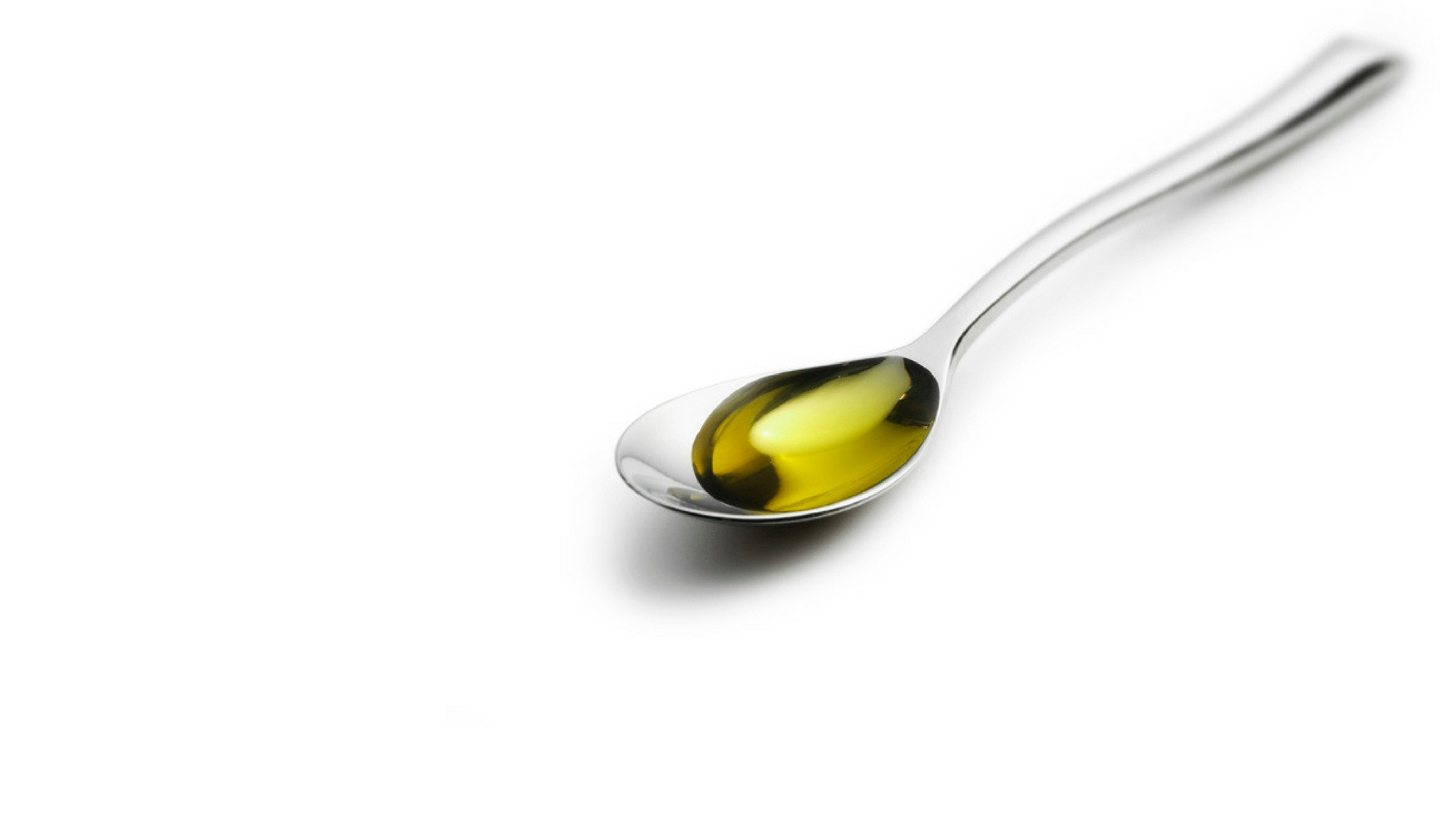 Nearly a decade ago, the Food and Drug Administration allowed a qualified health claim on food labels of olive oil in response to a petition filed by the North American Olive Oil Association. The stamp of approval in the form of the qualified health claim, and increased awareness of the benefits may explain the higher intake of olive oil by Americans in recent years.
Nearly a decade ago, the Food and Drug Administration allowed a qualified health claim on food labels of olive oil in response to a petition filed by the North American Olive Oil Association. The stamp of approval in the form of the qualified health claim, and increased awareness of the benefits may explain the higher intake of olive oil by Americans in recent years.
The claim states that daily consumption of about 2 tablespoons, or 23 grams of olive oil, may reduce the risk of coronary heart disease. The decision to allow the claim was made after the FDA found sufficient evidence to conclude that monounsaturated fatty acids, naturally present in olive oil, may prevent heart disease.
The scientific literature reviewed by the FDA showed that replacing saturated fatty acids with monounsaturated fatty acids reduced levels of serum total cholesterol and serum LDL cholesterol, both of which are known to increase the risk of coronary heart disease. However, only some of the reviewed studies reported an increase in HDL-cholesterol which, as the “good” cholesterol, may reduce the risk of coronary heart disease at high levels.
From their findings, the FDA determined that a minimum daily intake of 17.5 grams of monounsaturated fatty acids from olive oil is needed to exert a positive effect on the reduction of coronary heart disease.
With monounsaturated content of olive oil as high as 74 percent, only 23 grams of olive oil are needed to supply the required 17.5 grams of monounsaturated fatty acids. This amounts to 1.7 tablespoons of olive oil, which is conveyed as about 2 tablespoons every day in the qualified health claim.
For olive oil to help reduce the risk of heart disease, the claim further states that olive oil should replace an equivalent amount of saturated fat in the diet. Similarly, the Dietary Guidelines for Americans (2010) states that “Consuming less than 10 percent of calories from saturated fatty acids and replacing them with monounsaturated and/or polyunsaturated fatty acids is associated with low blood cholesterol levels, and therefore a lower risk of cardiovascular disease.”
In addition to monounsaturated fatty acids, the presence of antioxidants and vitamin E in olive oil are often associated as factors that may prevent heart disease, reports the Agricultural Marketing Resource Center.
In the last cautionary statement that follows the initial health claim, it is clear that the FDA does not want you to go overboard and increase your intake of total fat. After all, olive oil is still a fat and provides the same amount of calories per gram as other dietary fats. Based on the USDA Nutrient Database for Standard Reference (Release 26), the recommended 23 grams of olive oil would contribute about 203 calories. To prevent an increase in calories from fat, olive oil should be used to replace, and not add to the other fats present in your diet.
More Americans recognize the health benefits of olive oil and have made it part of their diet. This is evident as olive oil consumption in the U.S. has seen a dramatic increase of 5 percent every year between 2008 and 2012, according to the U.S. International Trade Commission.
Source: oliveoiltimes.com


